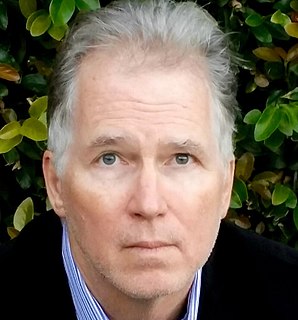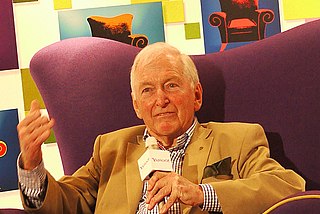A Quote by William Julius Wilson
During the Great Depression, African Americans were faced with problems that were not unlike those experienced by the most disadvantaged groups in society. The Great Depression had a leveling effect, and all groups really experienced hard times: poor whites, poor blacks.
Related Quotes
For complicated historical and political reasons, we associate 'poor' in our public consciousness with 'black.' Terms such as 'welfare queen' and 'culture of poverty' became associated uniquely with the social maladies of African Americans in urban ghettos, despite the fact that poor whites outnumbered poor blacks.
I was on a panel with light skinned Blacks and a famous gay science fiction writer, who were complaining about how Blacks are against gays and light skinned Blacks and how intolerant Blacks are of different groups. My position was that Blacks were among the most humanistic, tolerant groups in the country and that across the street from my house in Oakland was one inhabited by White gays.
The Panic of 1819 exerted a profound effect on American economic thought. As the first great financial depression, similar to a modern expansion-depression pattern, the panic heightened interest in economic problems, and particularly those problems related to the causes and cures of depressed conditions.
Class certainly loomed large in Katrina's aftermath. Blacks of means escaped the tragedy; blacks without them suffered and died. In reality, it is how race and class interact that made the situation for the poor so horrible on the Gulf Coast. The rigid caste system that punishes poor blacks and other minorities also targets poor whites.
You have a class of young strong men and women, and they want to give their lives to something. Advertising has these people chasing cars and clothes they don't need. Generations have been working in jobs they hate, just so they can buy what they don't really need. We don't have a great war in our generation, or a great depression, but we do, we have a great war of the spirit. We have a great revolution against the culture. The great depression is our lives. We have a spiritual depression.





































